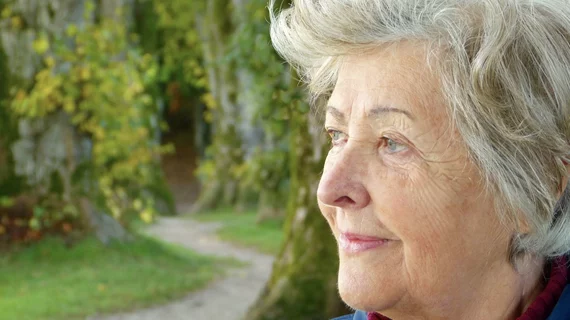Brain MRI research fuels hopes for an answer to Alzheimer’s
Tens of millions of baby boomers are expected to live long enough to develop Alzheimer’s, and just about as many are worried about those prospects. One of them is a writer on Cape Cod named Susan Moeller. A recent memory lapse prompted her to publish her hopes, fears and observations.
“[L]ike everyone over 60 who has these senior moments, I feel a surge of momentary panic that this lapse isn’t just distraction or forgetfulness but a sure sign of dementia,” she wrote in a piece published Dec. 11 in the Boston Globe Magazine.
Turning to the big dollars boomers are pushing into research for a cure or a preventative, Moeller points to hopeful signs offered by longitudinal studies using MRI of the brain. For example, neuroscientists can now measure cognition with functional MRIs that show which parts of the brain light up when people are performing specific tasks, she noted.
“It’s like a window into your brain, a 3-pound organ loaded with cells connected by nerve fibers in an intricate processing network,” Moeller wrote.
“Research indicates interventions like exercise, social engagement, intellectual stimulation, heart-healthy diets, meditation and even our own attitudes toward aging can postpone or possibly prevent dementia,” she added. “This could lower health care costs and change how the medical community works with older people.”
Read the whole thing:

